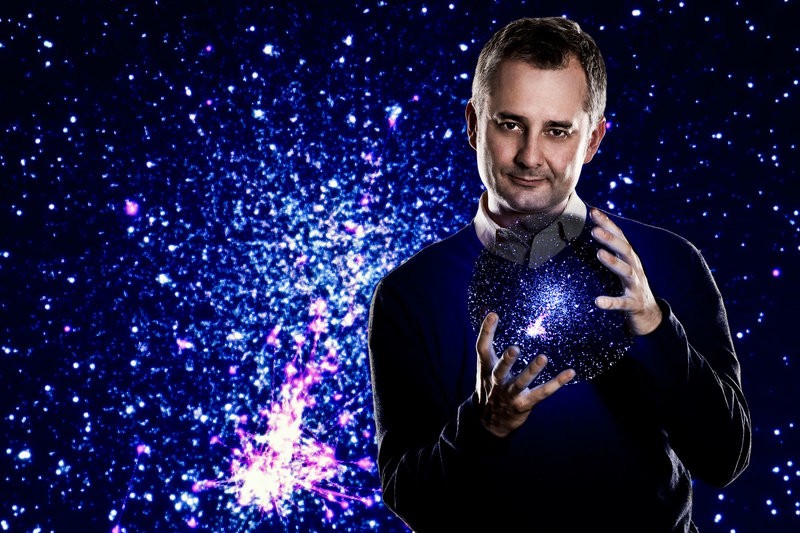
In late 2016, Albert-Lászlo Barabási and colleagues published a paper aimed at putting empirical heft behind the anecdotal truism that physicists did their best work when they were young. They considered 2,887 of them, all the way back to 1893, analyzing “impact” papers by age of their progenitor. They found that younger physicists had more impact. But it was because the younger scientists wrote more papers. Age didn’t matter, they concluded.
“The bottom line is: Brother, never give up,” Barabási told the New York Times. “When you give up, that’s when your creativity ends.”
There’s a bit of irony in Barabási being involved in a paper fueling the professional hopes of the not-young. He had, as Albert Einstein and Marie Curie and many others before him, made enormous scientific contributions while still very young. [more]
